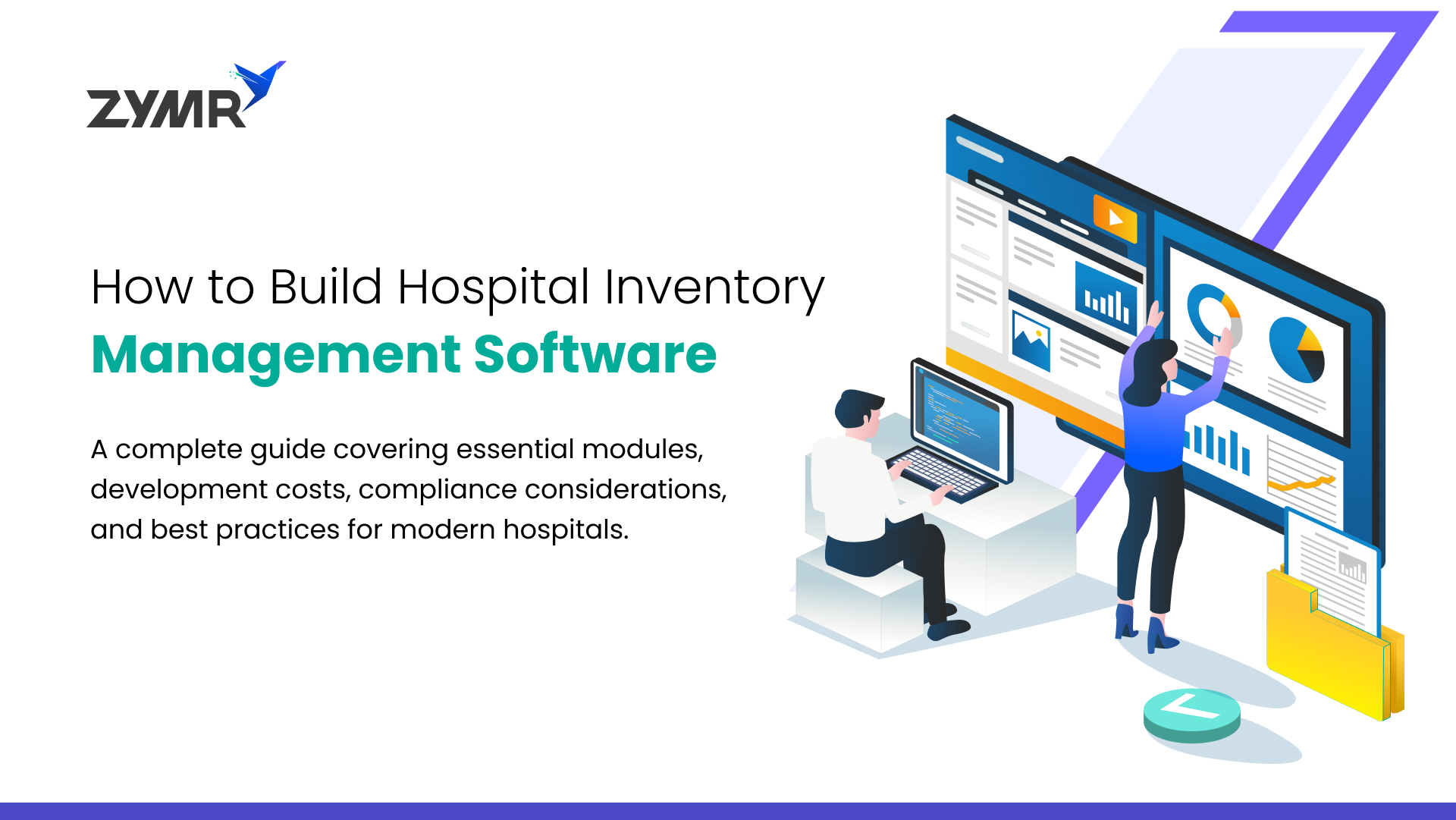Cassandra: The Pinnacle of NoSQL Databases for Software Development Services

December 1, 2023
Cassandra
NoSQL databases have surged in popularity due to their scalability, agility, and performance benefits in modern software development services. They excel at handling vast data volumes and high traffic loads by employing distributed architectures, facilitating horizontal scaling. Their flexible data models accommodate diverse data types, suitable for unstructured and semi-structured data common in IoT and multimedia contexts. NoSQL databases empower agile development by enabling swift iterations and dynamic schema adjustments. They shine in big data scenarios, executing complex queries on extensive datasets for insightful analytics. With a focus on high availability and fault tolerance, they mitigate hardware failure risks through data replication across nodes. NoSQL's real-time processing capabilities align well with applications requiring quick responses. Cloud compatibility and global distribution readiness make them valuable in distributed application deployments.
Cassandra stands out as an exemplary NoSQL database due to its exceptional features. Its distributed architecture enables effortless scalability and fault tolerance, accommodating the demands of modern applications dealing with massive data volumes and high user traffic. The column-family data model, designed for flexibility, suits diverse data types including time-series and geospatial data. Cassandra's tunable consistency levels strike a balance between availability and data accuracy, crucial for mission-critical systems. Its robust support for replication ensures data durability, reducing the risk of loss.
In this blog we will discuss how Cassanddra is the perfect answer to all NoSQL needs for software development services.
While NoSQL databases offer compelling advantages, the choice between NoSQL and traditional relational databases depends on specific project demands, including data consistency, transaction requirements, and technology familiarity.Cassandra's CQL query language, reminiscent of SQL, eases adoption for developers familiar with relational databases. With seamless integration into cloud environments, Cassandra excels in global distribution scenarios, serving users across regions with low latency. While Cassandra's attributes make it a formidable choice, evaluating its fit depends on factors like data complexity, performance needs, and the operational expertise available for managing its distributed nature.
- Scalability and Performance: NoSQL databases are designed to handle massive amounts of data and traffic. Their distributed architecture allows for horizontal scaling by adding more servers or nodes to the database cluster. This makes them suitable for applications that need to grow and handle high volumes of data and user requests, such as social media platforms, e-commerce websites, and IoT applications.
- Flexible Data Models: Unlike traditional relational databases, NoSQL databases often use flexible data models that allow developers to store and retrieve data in ways that match their application's specific requirements. This flexibility is particularly useful when dealing with unstructured or semi-structured data, which is becoming more common with the advent of IoT devices, social media, and multimedia content.
- Big Data and Analytics: NoSQL databases are well-suited for managing and analyzing large datasets, making them a popular choice for big data and analytics applications. They can efficiently handle complex queries on massive amounts of data, which is crucial for extracting valuable insights from large-scale data sets.
- Agile Development: NoSQL databases promote agile development practices by allowing developers to iterate quickly and adapt their data models as the application evolves. This is in contrast to traditional relational databases, which often require more planning and schema changes can be cumbersome.
- High Availability and Fault Tolerance: NoSQL databases are designed with distributed architectures that prioritize high availability and fault tolerance. Data is often replicated across multiple nodes, reducing the risk of data loss due to hardware failures.
- Real-Time Applications: Many modern applications require real-time data processing and quick response times. NoSQL databases, with their ability to distribute data and support high-speed data ingestion, can better meet the demands of real-time applications.
- Polyglot Persistence: The concept of polyglot persistence suggests using different types of databases for different parts of an application based on their specific requirements. NoSQL databases fit well into this paradigm, allowing developers to choose the best database for each use case within an application.
- Cost-Effectiveness: NoSQL databases often run on commodity hardware and can be less expensive to operate at scale compared to traditional relational databases that might require specialized hardware.
- Global Distribution: With the rise of cloud computing, applications often need to be accessible and performant across different geographic regions. NoSQL databases can be distributed across multiple data centers or cloud regions, providing low-latency access to users around the world.
Conclusion
Cassandra, and NoSQL databases as a whole, continue to redefine the landscape of software development services. From scalability to real-time responsiveness, from agile iterations to insightful analytics, their impact is undeniable. As we delve into the intricacies of Cassandra and its place within the realm of NoSQL solutions, we discover a world of potential that addresses the needs of modern applications with finesse and innovation.
FAQs
>
>
>
>
>
Have a specific concern bothering you?
Try our complimentary 2-week POV engagement
Our Latest Blogs

January 15, 2026
Global Healthcare Outlook 2026: Key Trends in Digital Health, AI, and Patient Safety

January 15, 2026
Top 10 Healthcare IT Services Companies Transforming Healthcare Delivery(2026)

January 15, 2026





.svg)
.svg)
.svg)
.svg)
.svg)
.svg)
